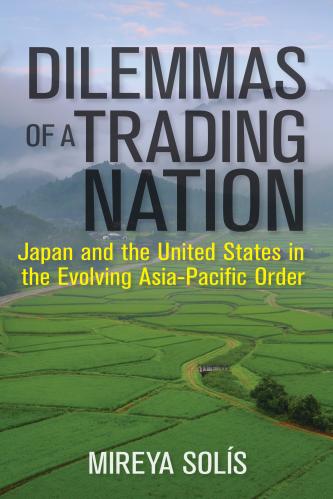The resignation of Shinzo Abe, Japan’s longest-serving prime minister, comes at a time of profound uncertainty and geopolitical tension, from the coronavirus pandemic and economic recession to an assertive China and an inward-turning America. Mireya Solís assesses Abe’s domestic and international record, his institutional changes to Japanese leadership, and the challenges awaiting his successor.
Related material:
Listen to Brookings podcasts here, on Apple or on Google podcasts, send email feedback to [email protected], and follow us at @policypodcasts on Twitter.
Thanks to audio producer Gaston Reboredo, Chris McKenna, Fred Dews, Marie Wilken, and Camilo Ramirez for their support.
The Current is part of the Brookings Podcast Network.





Commentary
PodcastWhat’s next for Japan after Abe’s resignation?
August 28, 2020